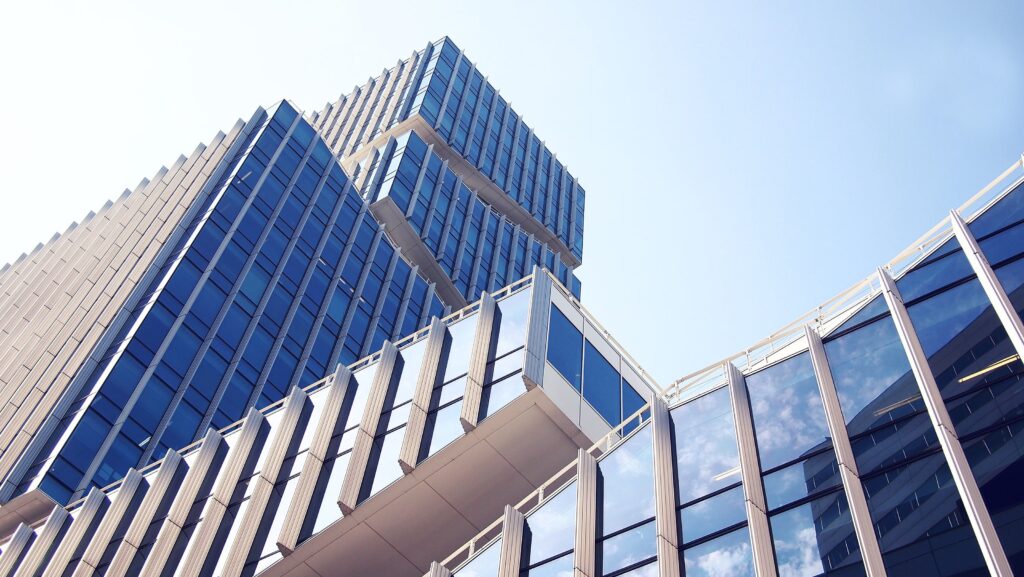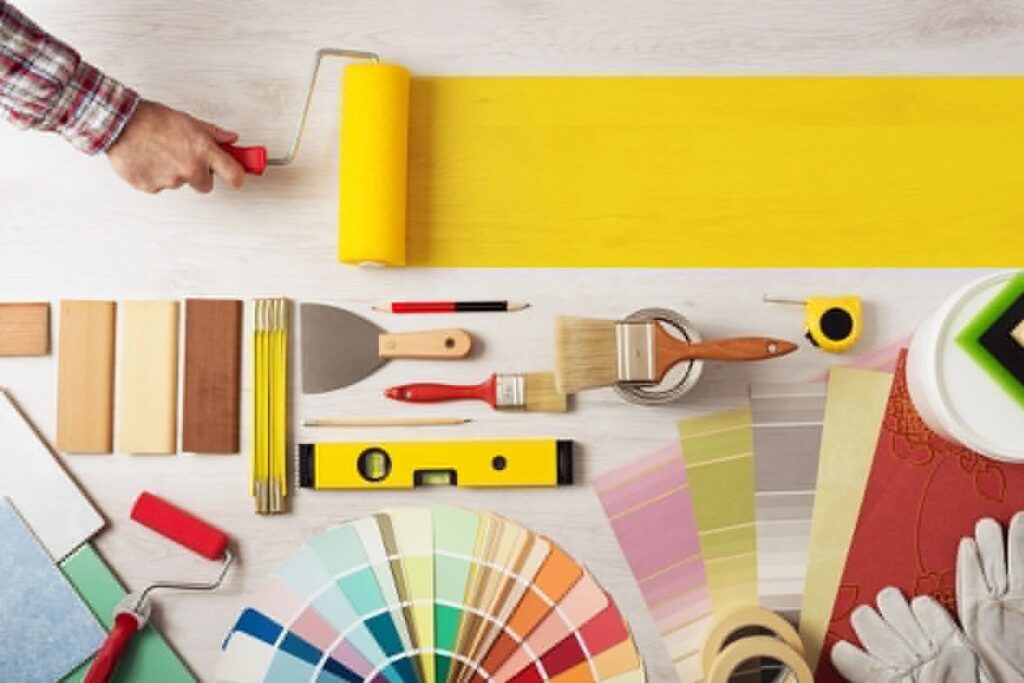To Share is to Show You Care!
Are you ready to turn your DIY dreams into reality? Whether you’re a seasoned DIY enthusiast or a novice, understanding local building codes and regulations is crucial for a successful project. In this guide, we’ll provide you with the best strategies and emotional insights to ensure you nail your DIY projects every time in 2023!
1. Why Local Building Codes Matter

Before diving into the emotional aspect, let’s understand why local building codes are essential. These codes exist to ensure the safety and structural integrity of buildings. Ignoring them can lead to costly mistakes and even legal issues. By decoding these regulations, you empower yourself to create a project that stands the test of time.
2. The Emotional Journey of DIY

Embarking on a DIY project is more than just following instructions. It’s a journey filled with excitement, challenges, and personal growth. Recognizing the emotional aspects of DIY can help you approach your project with the right mindset. Here’s how.
2.1 Passion Fuels Precision
Channel your passion into precision. When you’re emotionally invested in your project, attention to detail becomes second nature.
2.2 Overcoming Challenges
Every DIY project comes with its share of challenges. Embrace the hurdles, learn from them, and let the satisfaction of overcoming obstacles drive you forward.
2.3 Celebrate Milestones
Take a moment to celebrate each milestone in your project. Whether it’s completing a challenging step or seeing your vision come to life, acknowledging your achievements keeps motivation high.
3. Decoding Local Building Codes – The Best Strategies
Now, let’s get into the practical steps of decoding local building codes for your DIY project.

3.1 Research Extensively
Before hammering that first nail, arm yourself with knowledge. Dive into local building codes and regulations specific to your area. Most municipalities publish these codes on their official websites, making them easily accessible. Take the time to understand the requirements related to structural design, electrical work, plumbing, and any other aspects relevant to your project.
3.2 Consult with Experts
Don’t hesitate to tap into the expertise of professionals who deal with building codes daily. Architects, contractors, or local building inspectors can provide invaluable insights tailored to your specific location. Reach out to them with your project details, and ask for guidance on potential pitfalls or common issues encountered in similar ventures.
3.3 Attend Workshops and Seminars
Many communities organize workshops and seminars focusing on local building codes. Attend these events to gain hands-on knowledge and interact with experts. Workshops often provide practical demonstrations and real-world case studies, helping you apply theoretical knowledge to your DIY project. Networking with professionals and fellow DIYers can also offer a support system and valuable advice.
3.4 Utilize Online Resources
In the digital age, a wealth of information is just a click away. Explore online resources, forums, and community platforms where DIY enthusiasts share their experiences. Websites like DIY forums, blogs, and social media groups can be treasuring troves of tips and solutions. Engaging with these online communities allows you to learn from the experiences of others who have navigated local building codes successfully.
3.5 Visit Local Building Departments
Take a trip to your local building department or municipal office. Building officials are there to help and can provide specific guidance on local codes applicable to your project. Bring your plans and any preliminary sketches, and don’t hesitate to ask questions. Building a rapport with local authorities can make the process smoother and ensure compliance with regulations.
Conclusion
Nailing your DIY project involves a combination of technical knowledge and emotional resilience. By incorporating these strategies for decoding local building codes, you equip yourself not only with the necessary information for a successful project but also with the confidence to navigate potential challenges. Remember, a well-informed DIYer is a successful one. Happy DIYing in 2023! 💪🏡
Frequently Asked Questions
Q1: Who is responsible for ensuring all local building codes are complied with?
A: Local building codes are typically enforced by the local government’s building department or code enforcement office. Building owners, contractors, and architects also share responsibility for ensuring compliance with these codes.
Q2: What is the general purpose of the local building codes?
A: Local building codes serve the overarching purpose of ensuring the safety, structural integrity, and health of buildings within a specific jurisdiction. They provide standards and regulations to guide construction, renovation, and maintenance activities.
Q3: How do I learn local building codes?
A: Learning local building codes involves extensive research. Start by accessing the codes on your local government’s official website. Consult with professionals such as architects, contractors, and local building inspectors. Attend workshops, seminars, and use online resources to gain a comprehensive understanding.
Q4: What are the 5 most important building codes?
A: The importance of building codes can vary, but some key codes include International Building Code (IBC), International Residential Code (IRC), National Electrical Code (NEC), International Plumbing Code (IPC), and International Mechanical Code (IMC).
Q5: What does local code enforcement do?
A: Local code enforcement ensures compliance with building codes and regulations. They inspect construction sites, issue permits, respond to complaints, and take corrective actions when necessary to maintain a safe and compliant built environment.
Q6: Who oversees local building inspectors?
A: Local building inspectors are typically overseen by the local government’s building department or a similar regulatory body responsible for enforcing building codes.
Q7: Are building codes local or federal?
A: Building codes are primarily local, meaning they are enforced at the municipal or county level. However, some federal standards may influence local codes, especially for federally funded projects.
Q8: Are building codes state or local?
A: Building codes can be adopted at both the state and local levels. States often provide a model code that local jurisdictions can adopt or modify according to their specific needs.
Q9: What is the purpose of building codes to protect?
A: The purpose of building codes is to protect public health, safety, and welfare. They aim to ensure that buildings are constructed and maintained in a way that minimizes the risk of hazards, accidents, and structural failures.
Q10: What is the most widely used building code?
A: The International Building Code (IBC) is one of the most widely used building codes globally. It provides comprehensive regulations for commercial building construction.
Q11: What is local codes?
A: Local codes refer to regulations and standards specific to a particular municipality or county. They are enacted to address the unique characteristics and needs of a local community.
Q12: What does Title 24 cover?
A: Title 24 refers to the California Building Standards Code and covers various aspects of building construction, including energy efficiency, electrical systems, plumbing, and accessibility.
Q13: What is most likely to be addressed by building codes?
A: Building codes typically address a wide range of aspects, including structural design, fire safety, plumbing, electrical systems, occupancy limits, accessibility, and energy efficiency.
Q14: What is the most widely used building code in the US?
A: The International Building Code (IBC) is widely adopted and used in the United States, providing standardized regulations for commercial building construction.
Q15: How do I know what construction type my building is?
A: To determine the construction type of a building, refer to architectural plans, consult with the building designer or architect, and review local building records. The construction type is often classified based on materials and fire resistance characteristics.
The Informed Minds
I'm Vijay Kumar, a consultant with 20+ years of experience specializing in Home, Lifestyle, and Technology. From DIY and Home Improvement to Interior Design and Personal Finance, I've worked with diverse clients, offering tailored solutions to their needs. Through this blog, I share my expertise, providing valuable insights and practical advice for free. Together, let's make our homes better and embrace the latest in lifestyle and technology for a brighter future.

